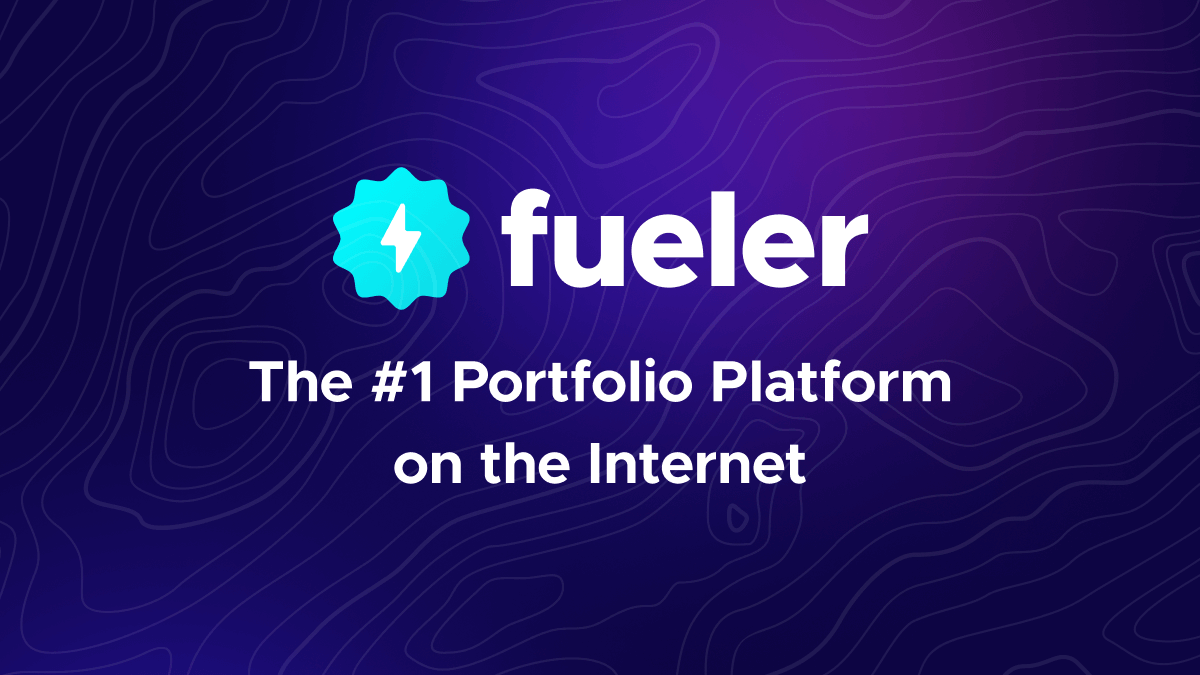What is Proof of Work for Career?

Riten Debnath
26 Jun, 2025

In the context of careers, "Proof of Work" refers to tangible evidence demonstrating your skills, knowledge, and ability to perform a job effectively. It's about showcasing what you can do and the results you can achieve, rather than simply listing skills on a resume.
Think of it as the "show, don't tell" principle in the job application process. Instead of stating you have experience in a certain area, you present actual examples of your work and accomplishments.
Here's why proof of work is crucial for your career:
- Builds Trust: It provides concrete evidence to potential employers that you can deliver on your promises and are capable of tackling the challenges they face.
- Makes You Stand Out: In a competitive job market, showcasing your work helps you differentiate yourself from other candidates who may have similar resumes.
- Demonstrates Real-World Capability: Especially for entry-level positions or career changes, it shows you've been actively learning and applying your skills, even without formal experience.
- Helps Land Interviews: A strong portfolio or collection of work samples can pique recruiters' interest and increase your chances of being invited for an interview.
Examples of Proof of Work:
The specific types of proof of work will vary depending on your field and the job you're pursuing:
- Web Developers: Links to websites or applications you've built, showcasing your coding skills and ability to create functional designs. You can also share code repositories on platforms like GitHub.
- Writers: Published articles, blog posts, website content, or other writing samples.
- Designers: A portfolio showcasing graphic designs, illustrations, UI/UX designs, etc.
- Marketers: Case studies of successful campaigns, social media content examples, or presentations demonstrating your strategic approach.
- Students: Academic projects, impressive assignments, relevant coursework, or extracurricular work.
How to Present Your Proof of Work:
- Build a Portfolio: Compile your best work samples into a professional portfolio, either online or in a physical format, depending on your field.
- Share Links: Include links to your online portfolio or specific work samples on your resume, cover letter, or LinkedIn profile.
- Discuss Your Work in Interviews: Be prepared to discuss your portfolio pieces and explain how they demonstrate the skills and experiences required for the job.
- Use the STAR Method: When discussing past projects, utilize the STAR method (Situation, Task, Action, Result) to provide clear and concise examples of your contributions and achievements.
- Quantify Your Results: Where possible, include data or metrics to quantify the impact of your work (e.g., increased sales by X%, improved website traffic by Y%).
By focusing on building and showcasing your proof of work, you can effectively demonstrate your value to potential employers and significantly enhance your career prospects.
What is Fueler Portfolio?
Fueler is a career portfolio platform that helps companies find the best talents for their organization based on their proof of work.
You can create your portfolio on Fueler, thousands of freelancers around the world use Fueler to create their professional-looking portfolios and become financially independent. Discover inspiration for your portfolio
Sign up for free on Fueler or get in touch to learn more.


